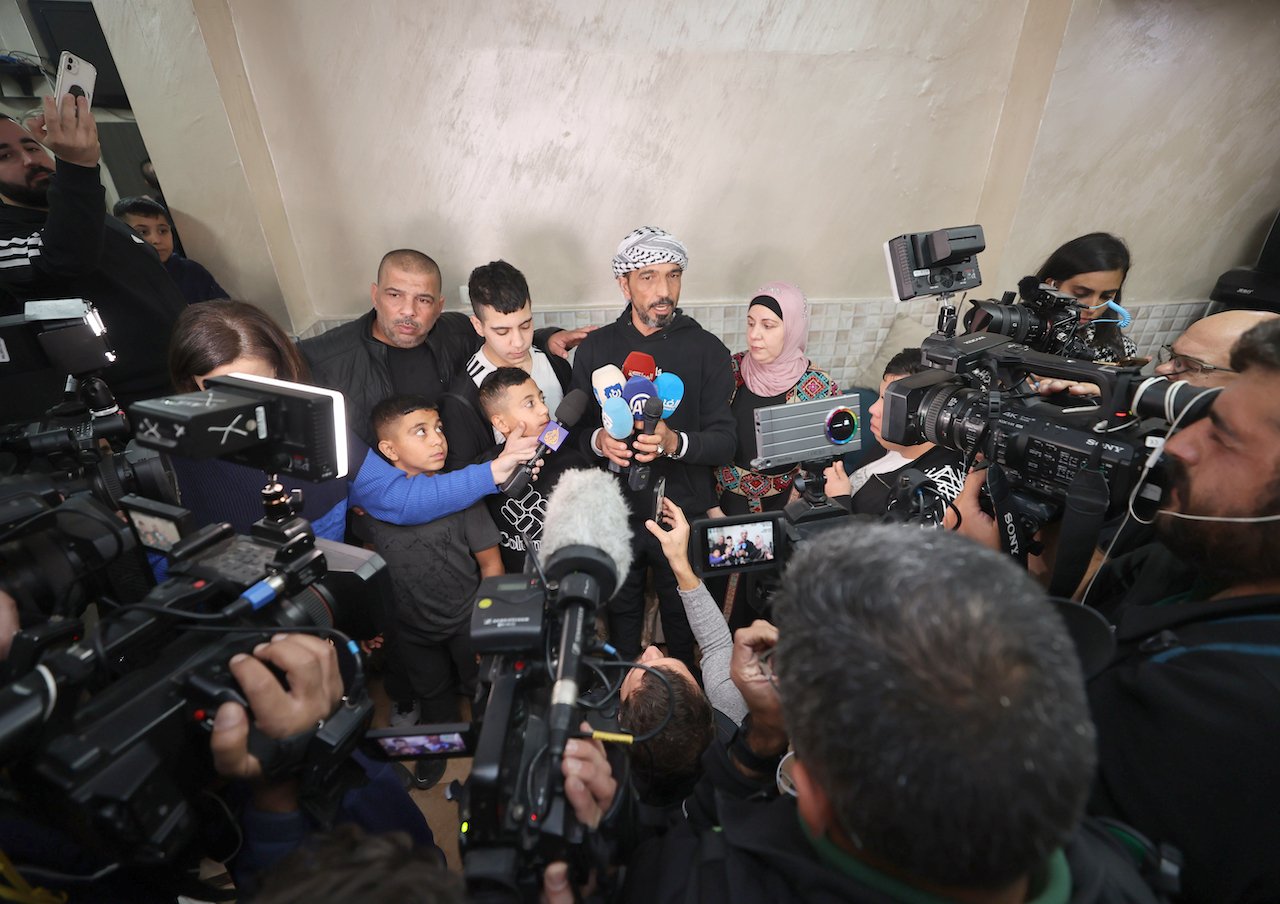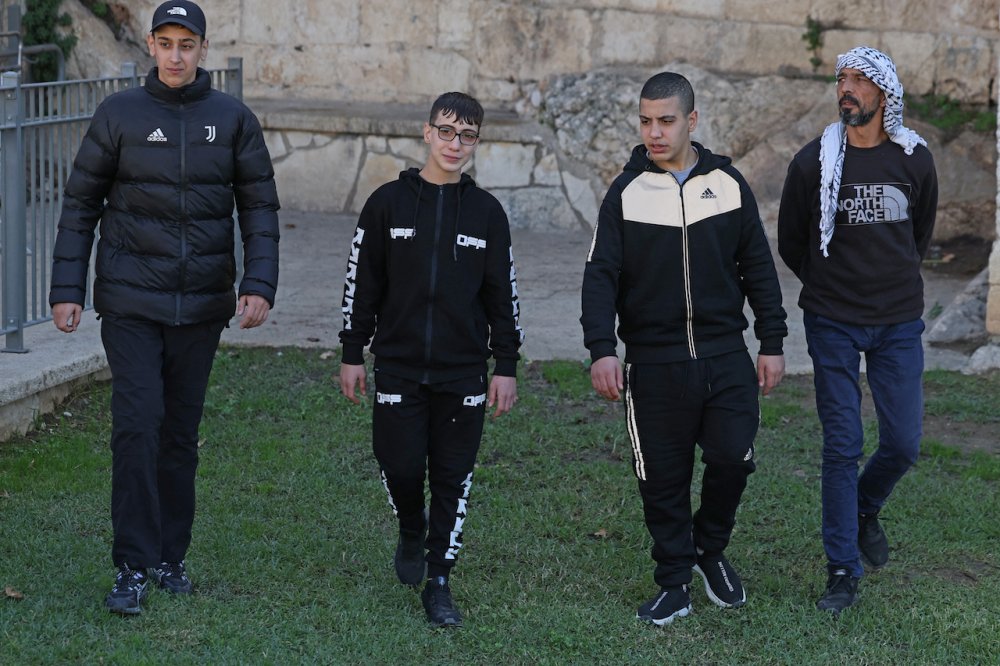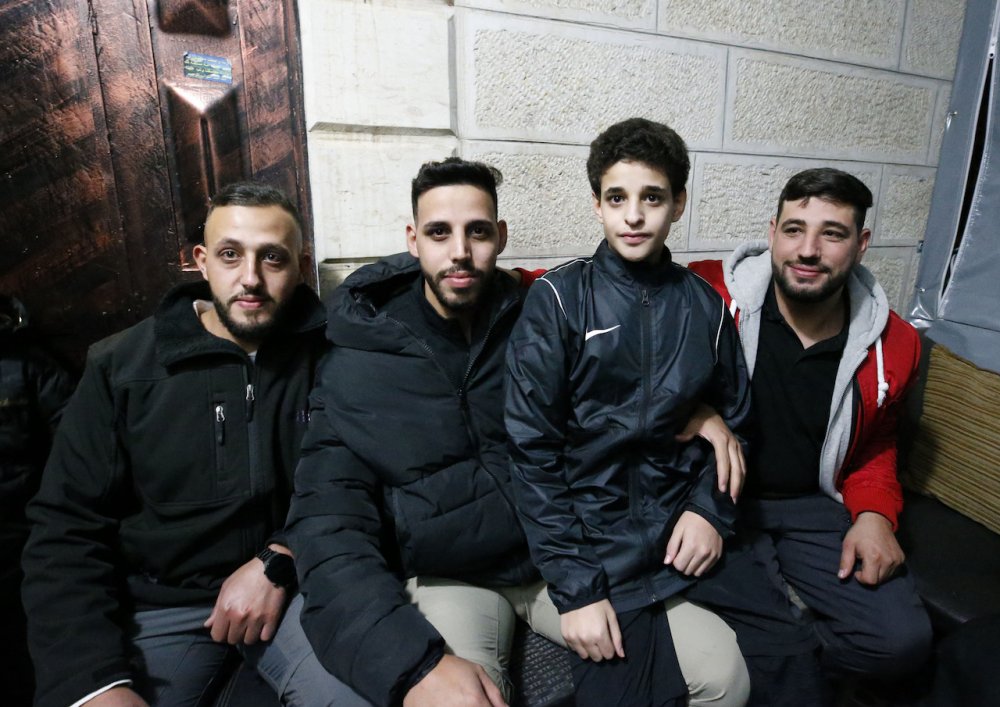Approximately 54 Palestinian students released in the recent Israel-Hamas hostage/prisoner exchange swaps are prohibited from returning to school under an Israeli Ministry of Education order.
According to sources familiar with the matter, the Ministry of Education sent WhatsApp messages to school administrations affiliated with the ministry, stating, “There are instructions regarding the released students. Students are not allowed to be reintegrated into schools until further notice.”1
“This constitutes an illegal directive that violates the principle of independence and discretion to which principals are entitled, and completely ignores the best interests of the students,” Association for Civil Rights in Israel (ACRI) attorney Tal Hassin said in a letter to Israeli Education Minister Yoav Kisch.2
A session will be held with representatives from the Ministry of Education, Jerusalem Municipality, and intelligence to discuss the issue; the date of that session has not been announced. No final decision will be made on whether the students are allowed to return until after January 14, 2024—when winter vacation ends.



